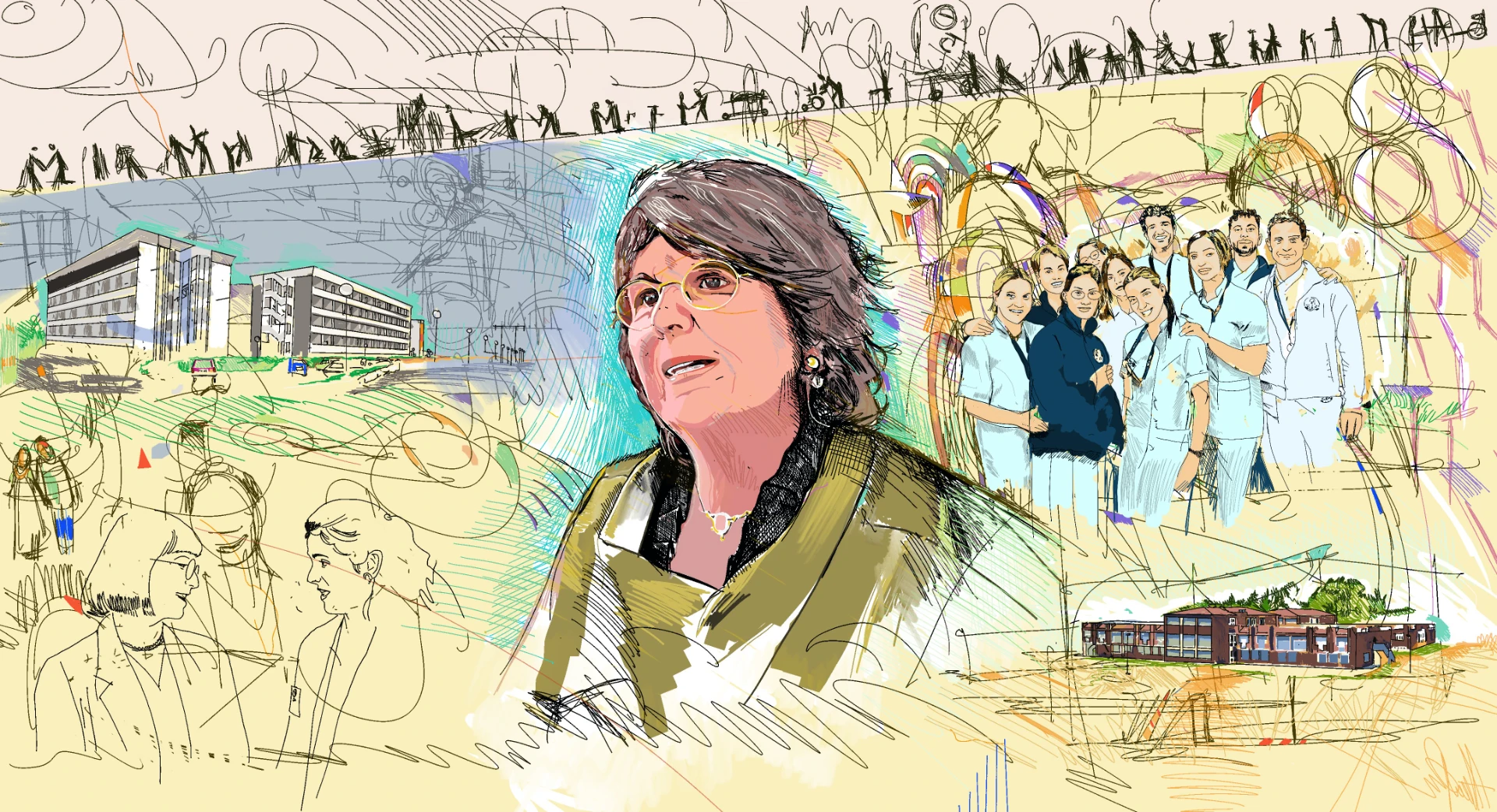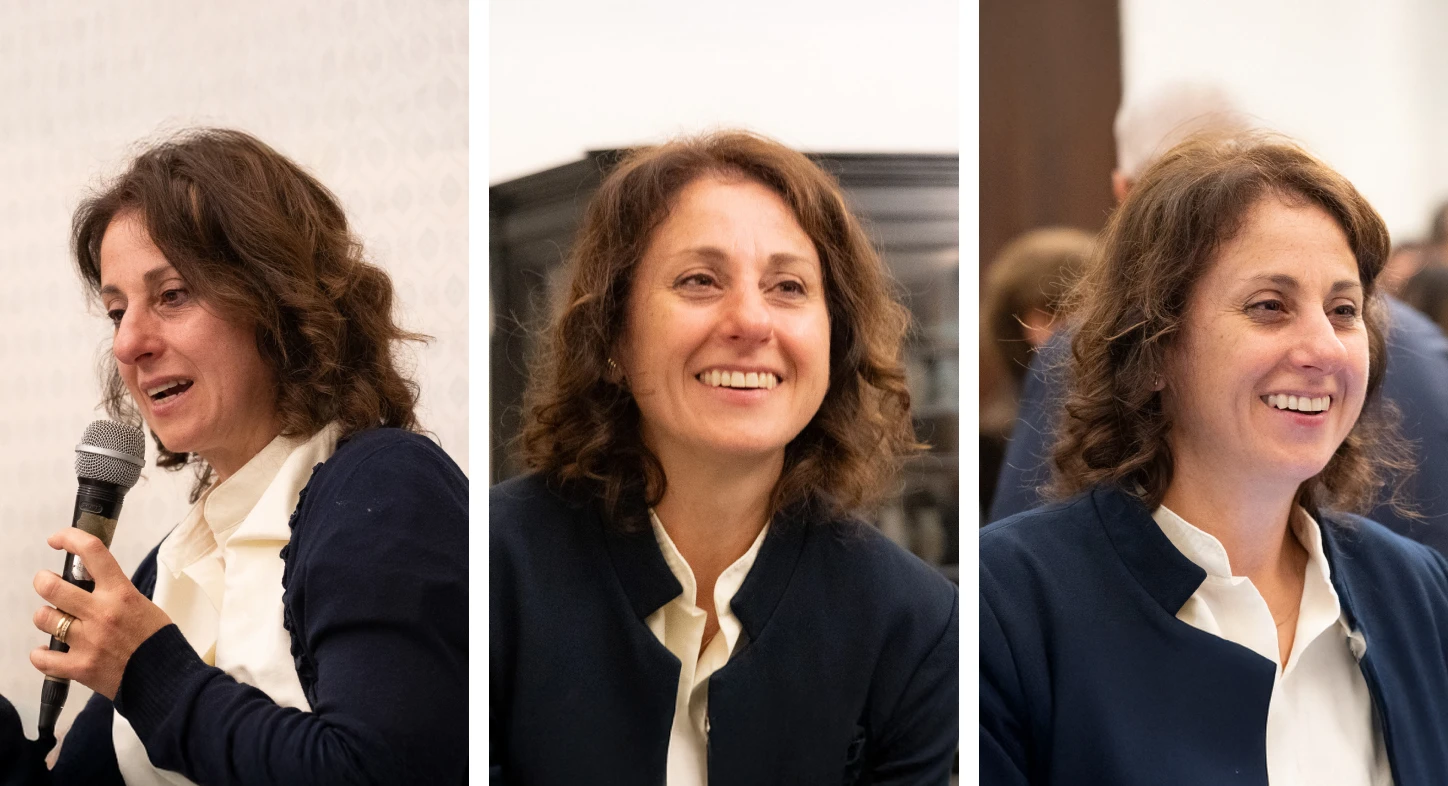
12 GEN 2026
The inclined plane
An Interview with
Maria Grazia De Marinis
on Human Dignity
Written by Alessandro Tacchino

12 GEN 2026
The inclined plane
An Interview with
Maria Grazia De Marinis
on Human Dignity
Written by Alessandro Tacchino

08 GEN 2026
Numbers and Narratives:
a dialogue
between Public Health and Visual Storytelling.
Grazia Caleo, Kremena Dimitrova

05 GEN 2026
A life dedicated
to care
Select the topics you’re interested in and create your own feed with featured news and the most beautiful stories
Everything at your fingertips: the more you read Kaleido Story, the better we can provide the experience you’re looking for
Choose the frequency, topics, and let us know your interests; we'll take care of the rest, keeping you updated on the latest news
Save the stories you loved the most, revisit them anytime, and share them with your followers